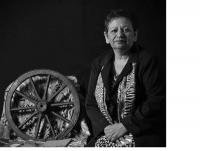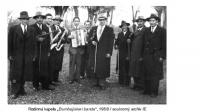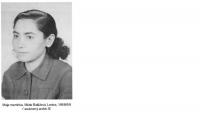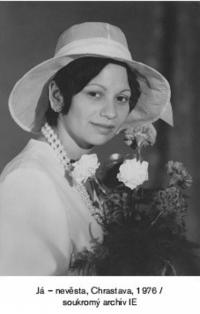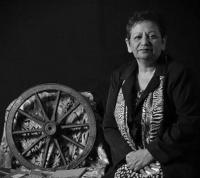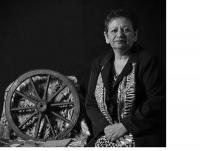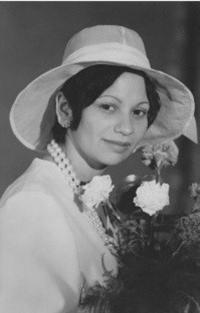While aging, I recall my parents whom I‘d like to stay here forever

Stáhnout obrázek
Irena Eliášová was born on 3 May 1953 in the Roma settlement of Novésa (Nová Dedina u Levic) in Slovakia. Her father made a living as a musician. In the 1960s the family went to seek work in Czechia. They stayed at numerous places both in Southern and Northern Bohemia. She only finished elementary school because following her father becoming ill she had to take a job and help provide for the family as a seamstress. After getting to know her future husband the couple moved to Liberec. When her three children grew up, she finally became fully invested in her beloved writing. In 2008, she published the first book of memories called „Our Settlement“. She published in Kalmanach and in an anthology of contemporary Roma women literature. She publishes her texts on the website of the internet publishing house Kher. She attends author readings. She writes in Romani.
